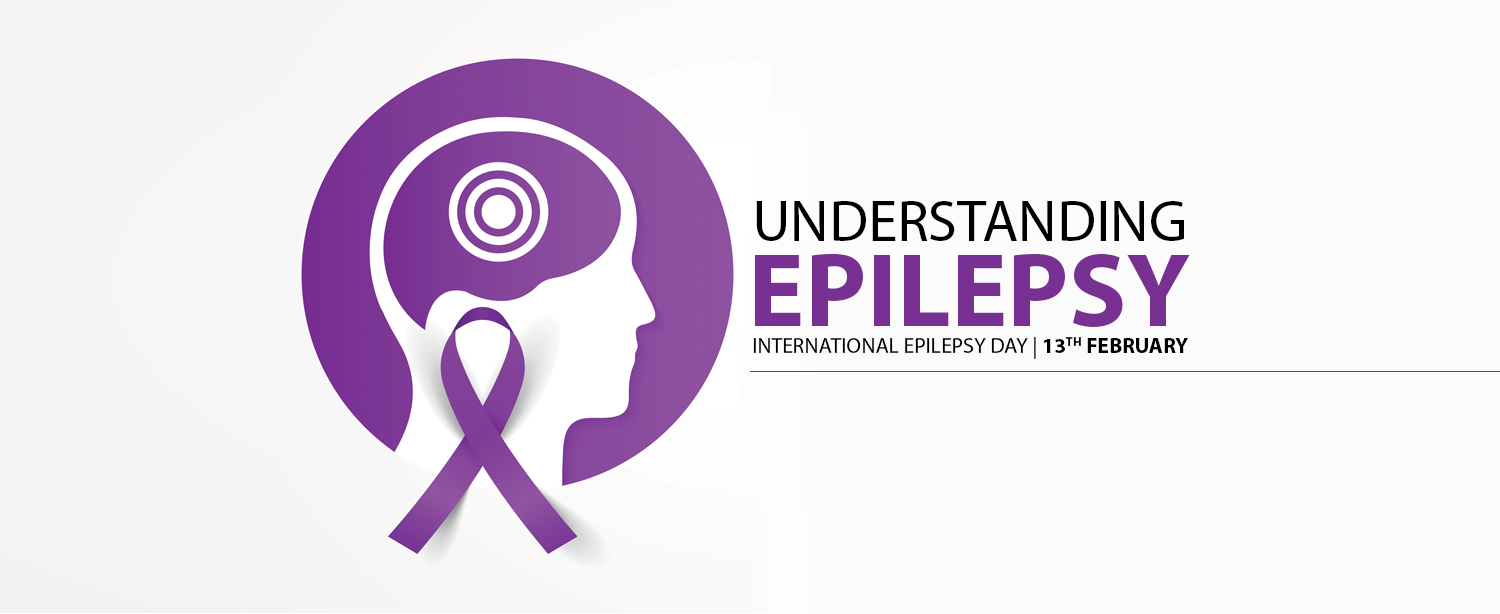Epilepsy is a neurological disorder that affects over 50 million people worldwide, with the majority of cases occurring in developing countries. It is characterized by recurring seizures that are caused by sudden and excessive electrical discharges in the brain. The incidence of epilepsy is highest in children under the age of two and in individuals over the age of 65. Let us understand some of the key facts about epilepsy diagnosis and treatment in this blog.
Causes behind Epilepsy
While the exact cause of an epilepsy diagnosis is not known, some factors may increase your risk of getting diagnosed with epilepsy. These include:
- Perinatal or congenital disorders
- Fever/infection
- Metabolic or chemical imbalances in the body
- Alcohol or drugs
- Trauma to the head or brain injury
- Genetic factors
What are Epilepsy seizures?
Seizures involve sudden, temporary, bursts of electrical activity in the brain that may disrupt the way messages are communicated between brain cells. These electrical bursts can cause involuntary changes in the body movement or function, sensation, behavior or awareness. It is important to note that not all people with epilepsy have seizure triggers, and for those that do, triggers may differ from person to person.
Signs and symptoms
The symptoms of each seizure vary depending on where in the brain the disturbance first starts, and how far it spreads. Some temporary symptoms include loss of awareness or consciousness, and disturbances of movement, mood, sensation (including vision, hearing and taste), or other cognitive functions. Some of the most common symptoms of seizures include:
- Staring
- Temporary confusion
- Uncontrollable jerking movements of the arms and legs
- Stiffening of the body
- Loss of consciousness or awareness
- Breathing problems
- Loss of bowel or bladder control
- Appearing confused or in a daze
- Periods of rapid eye blinking
With early diagnosis and medical intervention, about 70 percent epilepsy patients are able to successfully manage epilepsy seizures with medication and certain types of surgery.
Common seizure triggers
Managing epilepsy requires a team approach. Work closely with your neurologist and therapist to help manage your condition better. Learning as much as you can about epilepsy and your seizure triggers can help you avoid the seizures. Some of the common triggers include:
- Missed medicine
- Sleep deprivation
- Stress
- Alcohol/ drug abuse
- Menstrual cycle
- Flashing lights
Treatment of Epilepsy
Seizures can be controlled with timely and appropriate use of anti-seizure medicines. In certain cases, surgery might be highly beneficial to patients who respond poorly to drug treatments. Experienced specialists at our Centre for Neurosciences will help you understand epilepsy better and guide you with further treatment. It is critical to take seizure medicines each and every day as prescribed. Any irregularity may have a direct impact on seizures and the medicine may not be able to prevent seizures.
We have established a “Comprehensive Epilepsy Care Programme” for the evaluation of people with epilepsy to provide the best medical and surgical management. Kokilaben Dhirubhai Ambani Hospital, Mumbai is the first and only centre in Western India that provides state-of-the-art diagnostic facilities for epilepsy evaluation under one umbrella. The team of neurologists and neurosurgeons is committed to provide multidisciplinary care to the affected that goes beyond medication and surgery. Together as a team we aim to create awareness and remove the stigma attached to this disease. Additionally, our Support Group for Epilepsy conducts regular informative sessions to address issues related to medication, education, employment and social issues for patients and caregivers.
For more information regarding multidisciplinary Epilepsy care offered at Kokilaben Dhirubhai Ambani Hospital, Mumbai, please visit our website: https://www.kokilabenhospital.com/departments/centresofexcellence/centrefor_neurosciences/epilepsy.html


